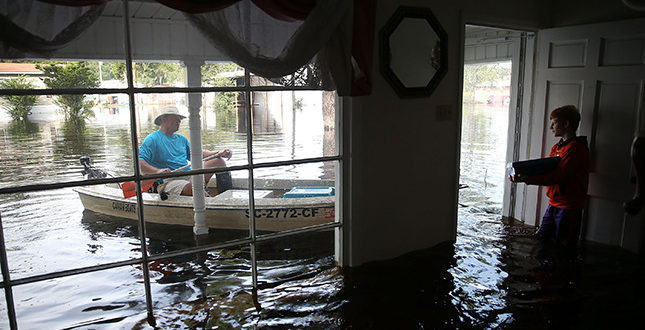
Ditch the Switch: End Daylight Savings Time!
In fact, let’s end Daylight Savings Time with DST in effect.
DST became a “thing” in April 1966 when President Johnson signed the law. The Uniform Time Act established DST for the country and its possessions. States were allowed to opt out – Arizona and Hawaii don’t participate. Puerto Rico, the Virgin Islands, The Northern Mariana Islands, Guam and American Samoa also take a pass on the silliness of DST. Many states. including Utah, Maryland, California, South Carolina, Washington, Delaware, Maine, Arkansas, Tennessee, Oregon and Florida, have started to pass legislation to either skip DST or to maintain the time change permanently.
Inconsistent, state by state, departure from DST could be chaos. We need to ditch it nationally, consistently and quickly!
It’s not for farmers. Farmers were actually opposed to the time change when it was first tried in 1918. It made it more difficult for them to keep their schedules and get the most out of their labor force. Dairy cows don’t wear wrist watches and want to be milked at the same time, regardless.
Who benefits: Retail. With more daylight, we spend more money. We’re more likely to be out and about shopping, the true great American pastime, and out doing recreational activities.
We should stop messing with our health. Studies show a loss of sleep can lead to more car accidents, heart attacks, workplace injuries, suicides, miscarriages. Not to mention we see a loss of productivity after the Spring Ahead. In November, realistically, few people actually get to take advantage of the Fall Back extra hour because it can take a sleep cycle several days to a month to adjust. Plus? Teens get really cranky. And, if you’ve ever had a toddler during the DST switches, you know the nightmare it is adjusting their schedules too!
Doesn’t it save energy? Not much if any. The Department of Energy found the 0.5% total electricity use per day could be saved, but electricity use increased the closer to the equator you got. A study in Indiana in 2006 showed a 1% increase in electricity use, costing consumers $9 million a year. Other studies show the same trend: we use more electricity.
Let’s do this together, as one country: Ditch the Switch!
Dear lawmakers,
Let’s end Daylight Savings Time with DST in effect.
Inconsistent, state by state, departure from DST could be chaos. We need to ditch it nationally, consistently and quickly!
We should stop messing with our health. Studies show a loss of sleep can lead to more car accidents, heart attacks, workplace injuries, suicides, miscarriages. Not to mention we see a loss of productivity after the Spring Ahead. In November, realistically, few people actually get to take advantage of the Fall Back extra hour because it can take a sleep cycle several days to a month to adjust. Plus? Teens get really cranky. And, if you’ve ever had a toddler during the DST switches, you know the nightmare it is adjusting their schedules too!
Let’s do this together, as one country: Ditch the Switch!






